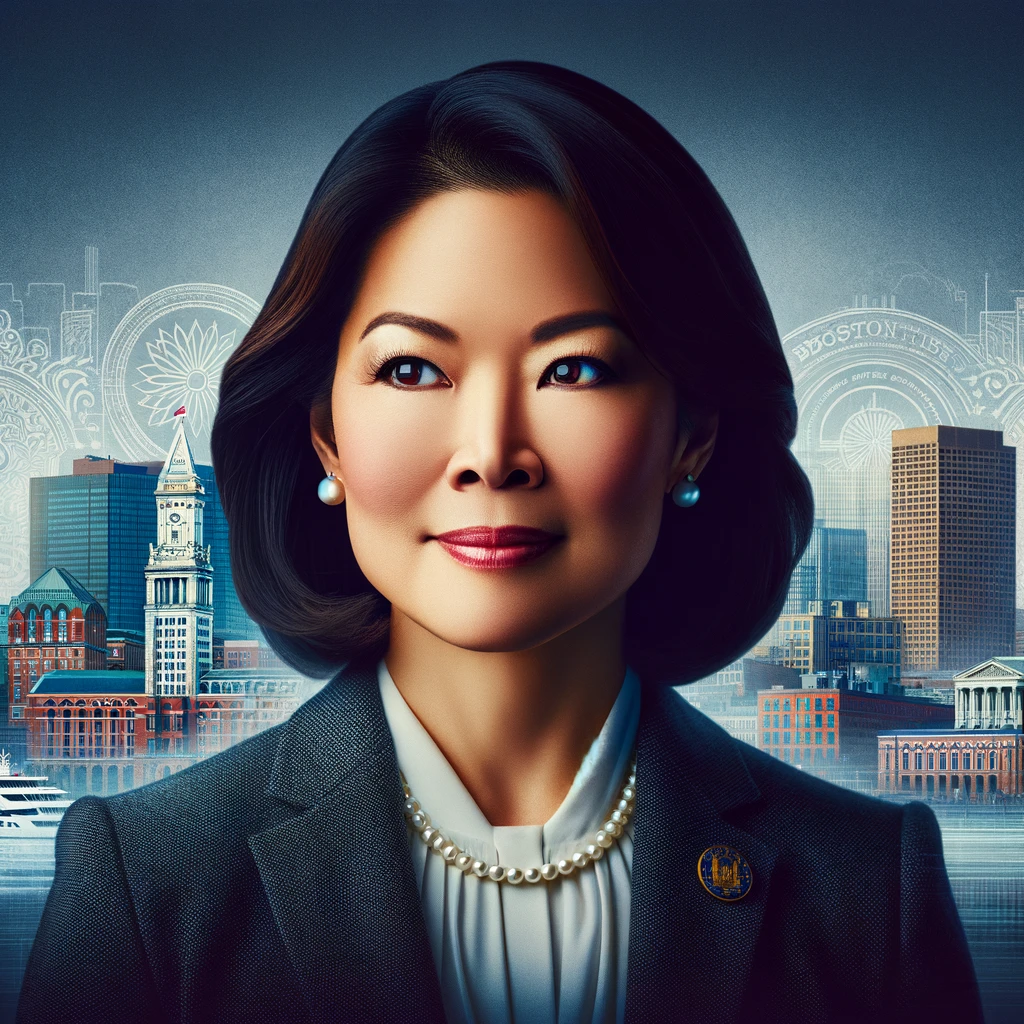The Life and Influence of Melania Trump as a Public Figure
Melania Trump is a Slovene-American former model who grew into public prominence in the United States through her career in fashion and later ascended to international recognition as the First Lady during the presidency of her husband, Donald J. Trump. Melania’s influence has been diverse, having an impact on fashion, the role of First Lady, and her own philanthropic endeavors. This article aims to examine the trajectory of her life, her work as the First Lady, her public persona, and contributions outside of politics.
Early Life and Modelling Career
Melania Trump, born as Melanija Knavs on April 26, 1970, in Novo Mesto, SR Slovenia (then part of Yugoslavia), spent her childhood in a modest apartment in Sevnica, with her mother being a fashion designer and her father a car dealer. Melania’s flair for fashion was evident early on; she began modeling at the age of five and started doing commercial work at sixteen. She later changed her name to the more phonetic Melania Knauss.
Stepping onto bigger platforms, she signed with an agency in Milan at age eighteen. Her modeling career escalated as she worked with renowned photographers such as Helmut Newton and Patrick Demarchelier, gracing the covers of magazines such as Harper’s Bazaar (Bulgaria), Vanity Fair (Italy), GQ (UK), and the Sports Illustrated Swimsuit Issue.
Move to America and Marriage
In 1996, Melania moved to New York City on a work visa. Her breakthrough in American society amplified after she met real estate mogul Donald J. Trump at a party during Fashion Week in 1998. They began dating and were engaged in 2004. The following year, they married in Palm Beach, Florida—merging Melania into both the social elite and an increasingly political environment as Trump began to flirt with politics.
As First Lady: Initiatives and Critiques
Upon Donald Trump’s election as President of the United States in January 2017, Melania inherited the traditional role of First Lady with her unique blend of style and refocus on certain social issues. Her major initiative was “Be Best,” which centered on children’s well-being with a strong emphasis on cyberbullying and drug-abuse prevention. Melania took her campaign internationally, addressing gatherings at various headquarters such as the United Nations.
Throughout her tenure as First Lady, Melania was both revered and criticized. Some praised her for maintaining grace and composure under scrutiny while others felt she was distant from the polities of the general populace.
Public Persona and Media Relations
A private person by nature, Melania maintained a relatively low profile compared to her predecessors. Her reticence was often interpreted by the media in various lights—some saw it as a lack of interest in her role; meanwhile advocates reasoned it stood for dignity and self-possession.
Amid intense media fascination with the administration’s workings, significant attention was also paid to Melania’s wardrobe choices which became conversation starters which occasionally invited controversy but often heralded by fashion enthusiasts for their elegance.
Life After the White House
Since leaving the White House in January 2021, Melania has remained active in public life albeit more privately compared to her years as First Lady. She continues to be involved with “Be Best” along with managing other personal ventures.
Philanthropy and Social Initiatives
It is essential to articulate Melania Trump’s contributions to philanthropy and social causes apart from “Be Best”. Before being First Lady, she had engaged in charitable activities which included support for various children’s charities, breast cancer research fundraisers, and humanitarian efforts,
Her geographic heritage also placed her in a unique position concerning U.S.-Europe relationships where she occasionally functioned as an informal ambassador for cultural exchanges.







